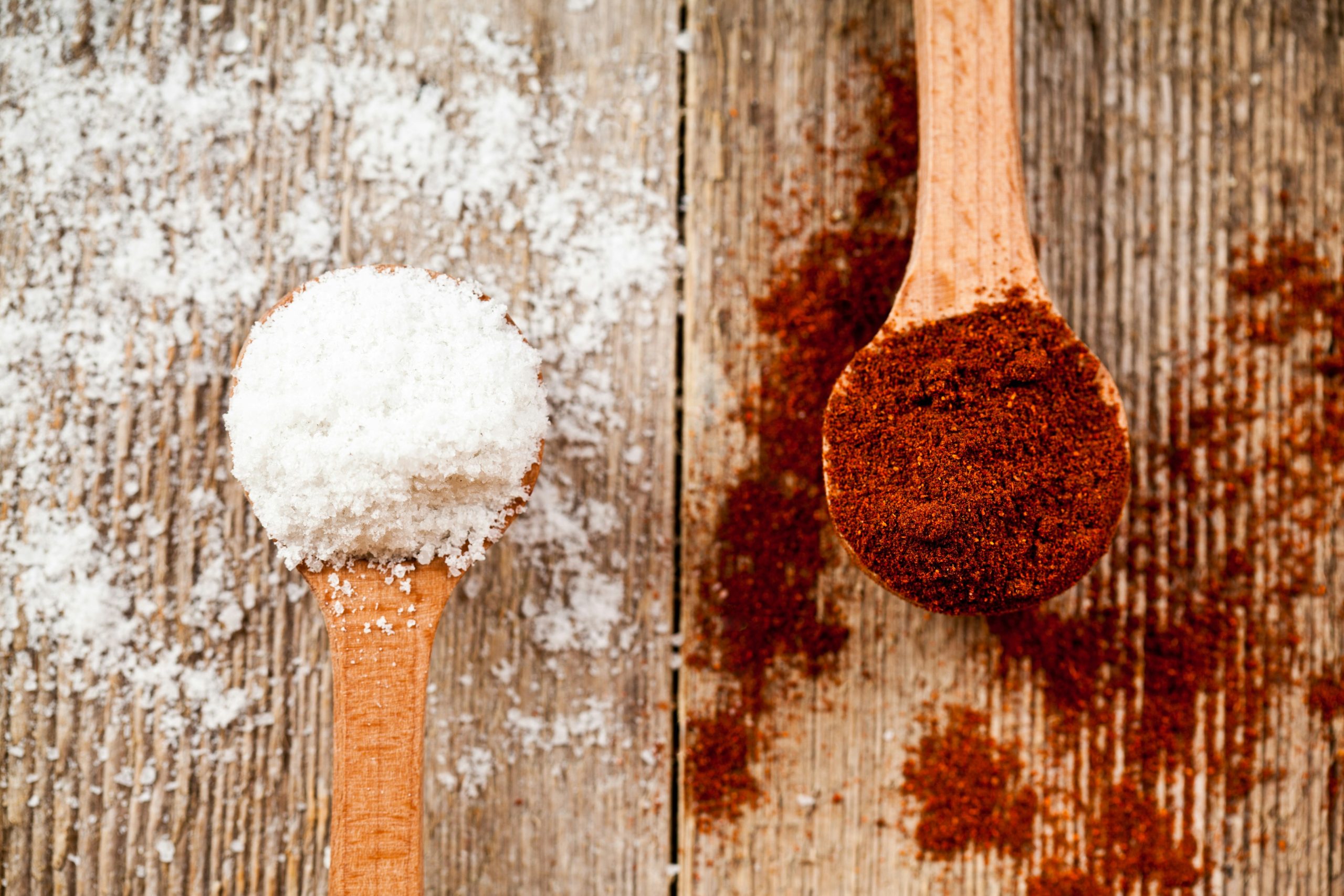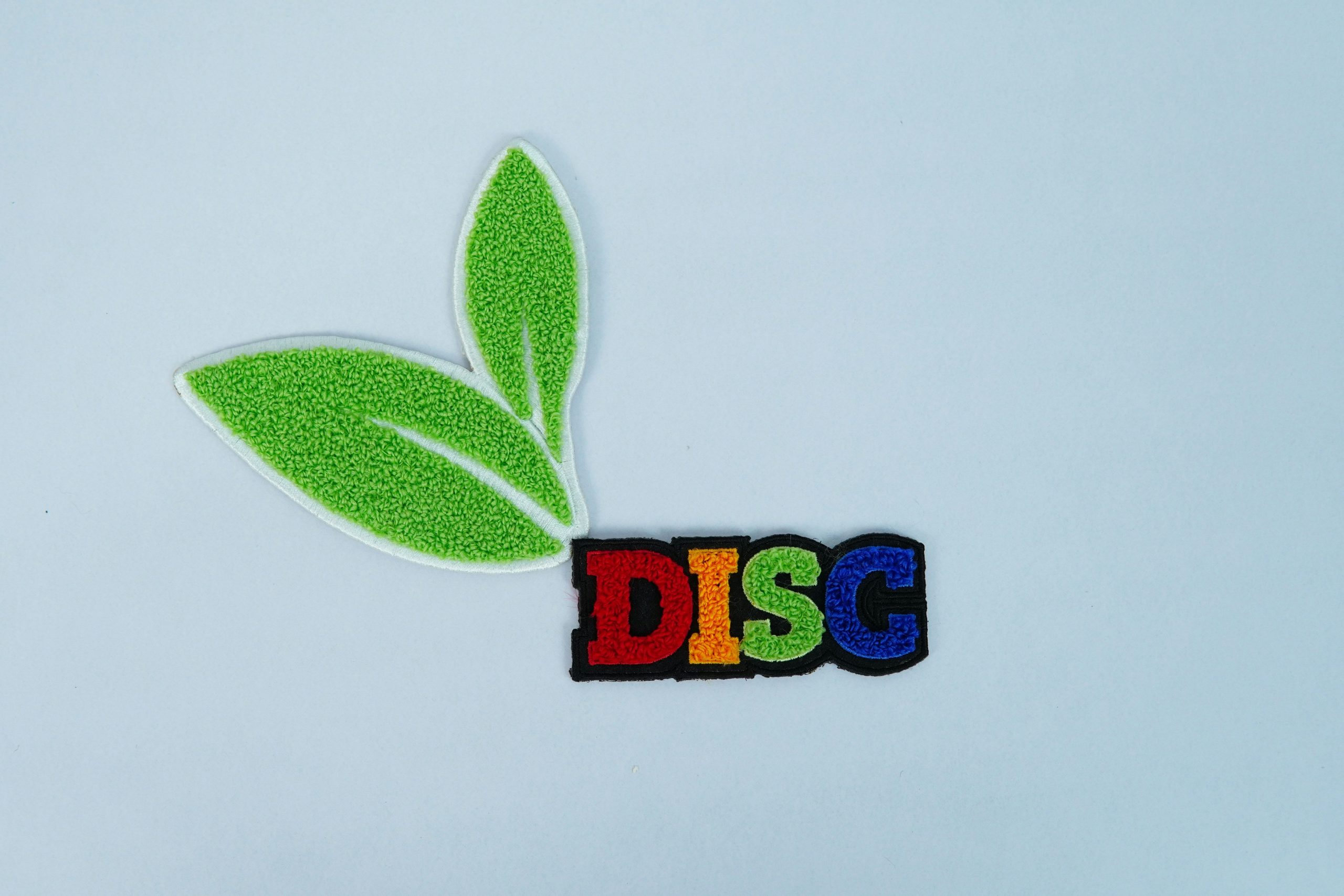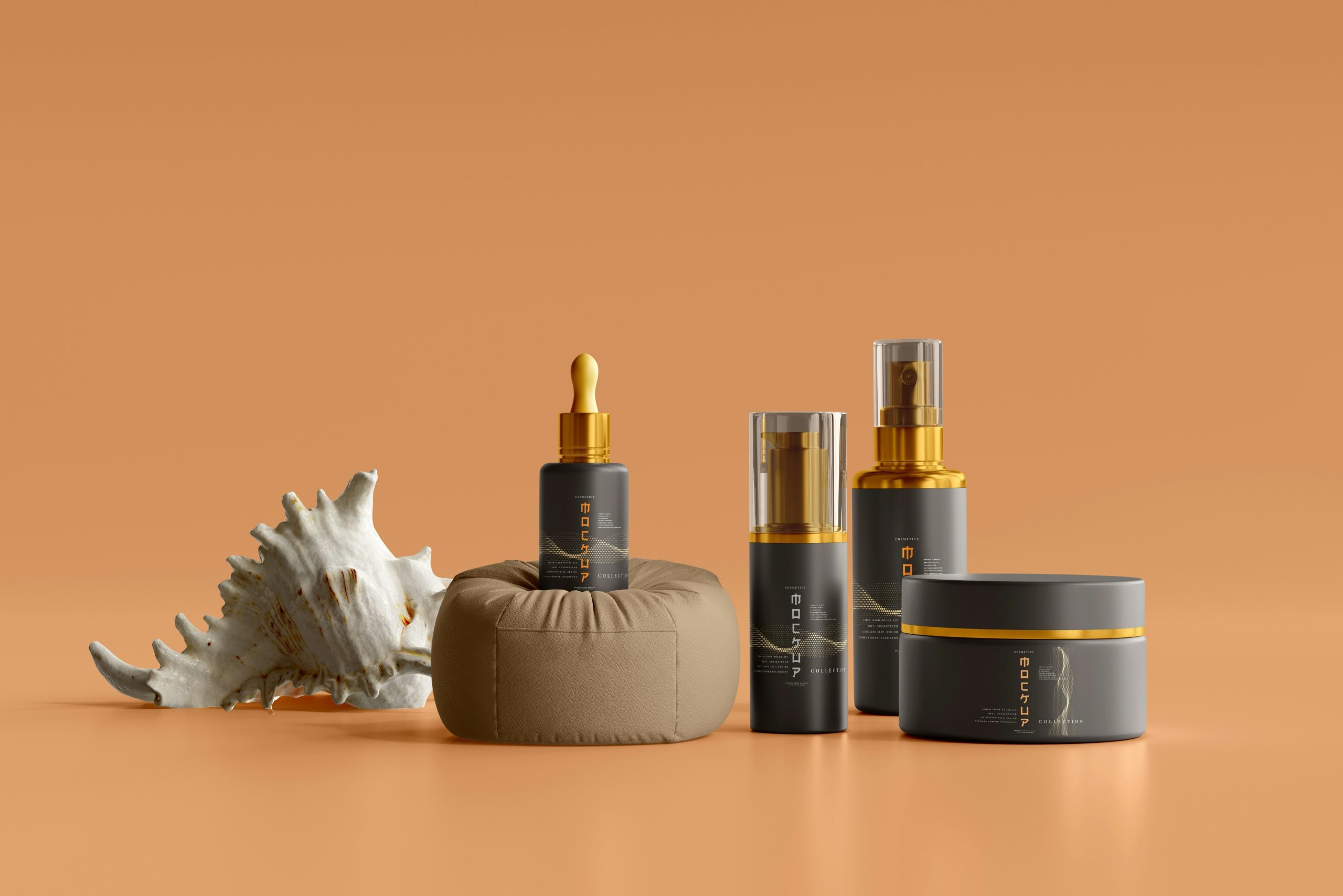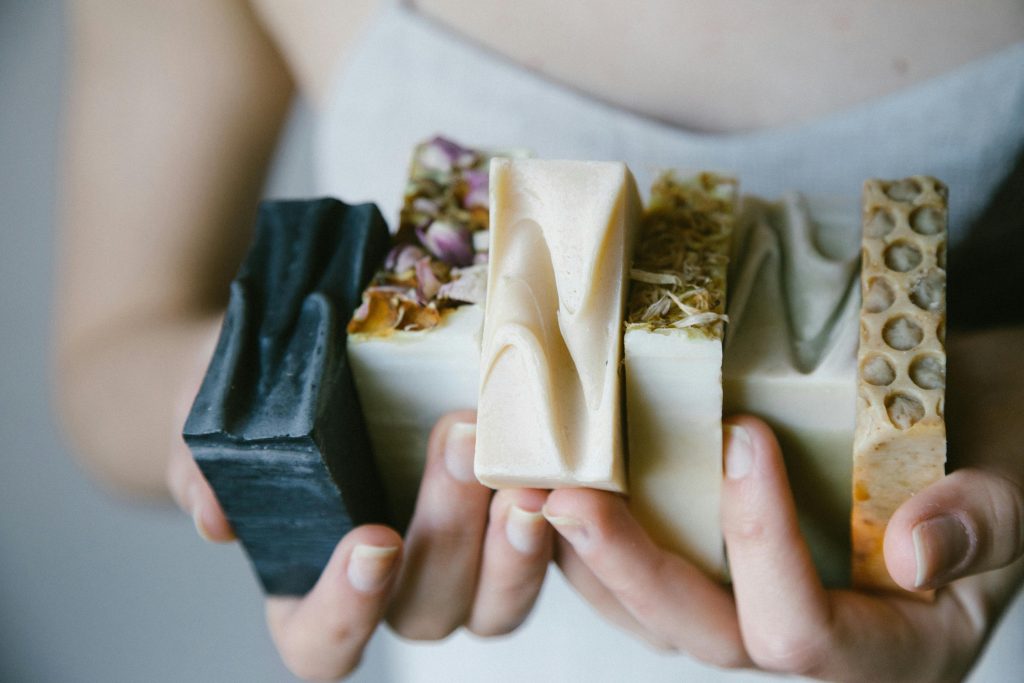“Isn’t it wild that we spend hours researching organic kale but slap mystery chemicals on our faces every morning?” If you’ve ever wondered why your skin feels like an oil slick by noon or breaks out faster than your last dating app match, it might be time to rethink those makeup products. What if I told you there’s a way to make your face glow naturally—without the toxins?
In this guide, we’ll explore everything about organic makeup products: why they matter, how to choose them, and tips to apply them like a pro. You’ll also get answers to FAQs (yes, including whether “natural” equals “expensive”). Let’s give your skin the snack it deserves—straight from Mother Nature herself.
Table of Contents
- Why Switch to Organic Makeup?
- How to Choose the Right Organic Products
- How to Apply Organic Makeup Like a Pro
- FAQs About Organic Makeup
Key Takeaways
- Organic makeup products are free from harsh chemicals and gentler on sensitive skin.
- Look for certifications like USDA Organic when shopping for natural cosmetics.
- Natural doesn’t mean boring—organic makeup can deliver vibrant, long-lasting results!
Why Switch to Organic Makeup? (Because Your Skin Deserves Better)

I once slathered on foundation loaded with parabens because it promised “12-hour staying power.” Spoiler alert: My skin hated me for weeks after. That’s when I realized most mainstream makeup is basically fast food for your face—it looks good at first bite, but the aftermath? Chaos.
Here’s why switching to organic isn’t just trendy; it’s necessary:
- No Nasties: Conventional makeup often contains synthetic fragrances, phthalates, and sulfates. These may cause irritation or even hormonal disruptions.
- Kind to Skin AND Planet: Many organic brands prioritize eco-friendly packaging and cruelty-free formulas.
- Boosts Natural Glow: Ingredients like plant-based oils nourish while enhancing your complexion.
Optimist You: “Switching will save my skin!”
Grumpy You: “Ugh, but what if my wallet cries instead?” Fair point—we’ll address cost concerns later.
How to Choose the Right Organic Makeup Products

Walking into Sephora armed with enthusiasm for clean beauty can feel overwhelming. Not all “natural” claims are legit—some are greenwashed gimmicks (*chef’s kiss*). Here’s how to pick winners:
- Check Certifications: Look for seals like USDA Organic, Ecocert, or COSMOS. These ensure products meet strict standards.
- Read Labels Carefully: Avoid sneaky terms like “contains organic ingredients” unless backed by certification.
- Patch Test First: Even natural formulas can irritate some skin types, so test before committing.
Pro Tip: AVOID anything with words ending in “-cone” (silicones), which can clog pores. And remember, expensive ≠ better quality. Some drugstore finds rock the organic game too.
How to Apply Organic Makeup Like a Pro
Straight talk: Applying organic makeup requires technique tweaks. Why? Because these products often skip heavy synthetics designed to cling unnaturally to your skin. But don’t fret—they still slay when done right!
Step 1: Prep Your Canvas
Prepping is clutch. Use a hydrating serum or lightweight moisturizer as a base. Think of it as priming your canvas before painting.
Step 2: Layer Wisely
Less is more here. Start light—a tinted moisturizer works wonders—and build coverage where needed. Blend with fingers or brushes made for creamier textures.
Step 3: Set Naturally
Swap traditional powder for bamboo-based setting powders. They mattify without drying out your skin.
Rant Alert: Whoever decided glitter eyeshadow should exist clearly has never cleaned sparkles out of their scalp. Skip anything overly shimmery unless it’s mineral-based.
FAQs About Organic Makeup Products
Q1: Are organic makeup products worth the price?
Absolutely! While pricier up front, many customers report using less product over time since a little goes a long way. Plus, saving your skin from irritation costs nothing.
Q2: Do organic foundations provide enough coverage?
Yes—if applied correctly! Buildable formulas let you customize coverage without looking cakey.
Q3: Can I find affordable options?
Totally. Brands like Burt’s Bees and Pacifica offer wallet-friendly picks that rival luxury lines.
Conclusion
Glowing skin starts with smart choices—and choosing organic makeup products means investing in both yourself and the planet. Remember, transitioning takes patience, but the payoff is radiant, happy skin.
So, next time someone compliments your fresh-faced look, smile knowing it came from ingredients you’d happily eat… metaphorically speaking. Cheers to au naturel beauty!
P.S. Like an iPod nano playlist, sometimes less really is more. 😉


